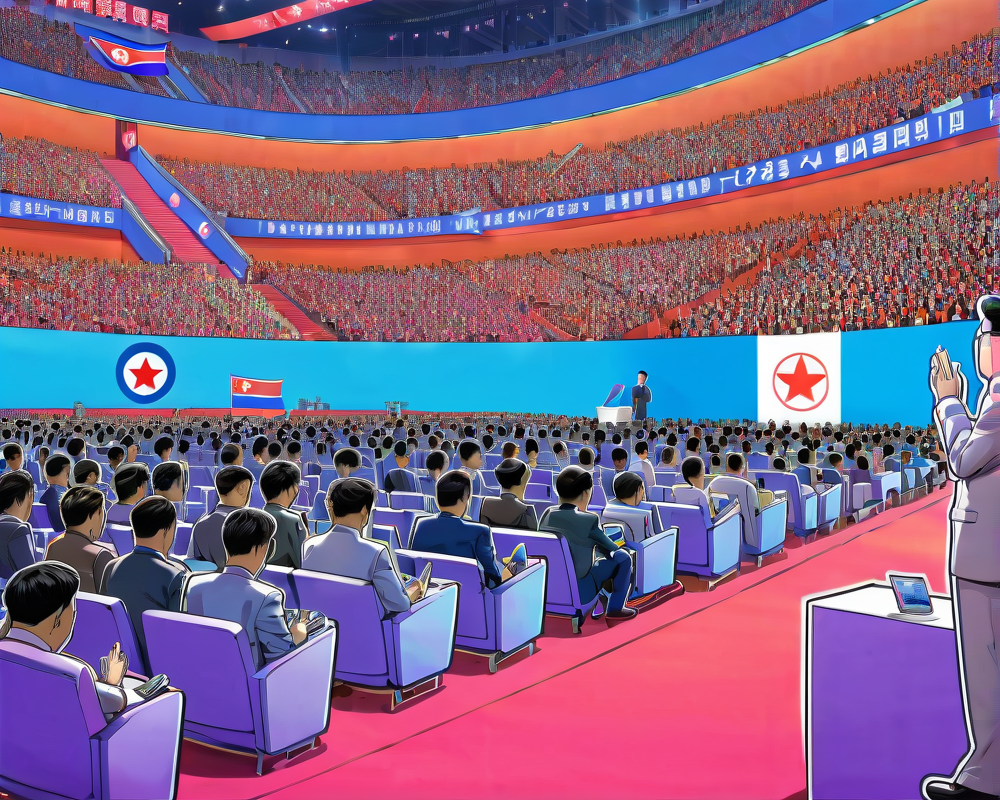The Role of Tokenization in Economic Expansion
At the recent World Economic Forum’s Global Technology Governance Summit, the UAE’s Minister of Economy, Abdulla Bin Touq Al Marri, discussed the vital role of cryptocurrency and asset tokenization in the country’s ambitious plan to elevate its economy. Currently ranked as the 34th largest in the world, the UAE aims to double its economy in a decade.
Panel Insights: The Token Economy Takes Center Stage
Joined by artist Harry Yeff and WEF executive Sheila Warren, Al Marri highlighted exciting plans during a discussion titled “The Arrival of the Token Economy, from Art to Real Estate.” Much of the conversation revolved around the burgeoning interest in nonfungible tokens (NFTs), but Al Marri’s focus was on tangible applications and regulatory needs related to tokenization.
Ambitious Economic Growth Goals
The Minister shared that the UAE aims for an impressive 7% annual growth rate in its gross domestic product. “Tokenization complements information-based economies,” he stated, underscoring its significance in this economic strategy.
Innovative Projects in the Pipeline
One of the panel’s highlights was Al Marri’s announcement of ongoing initiatives that aim to leverage blockchain technology for funding small and medium-sized enterprises (SMEs). This includes a study in collaboration with the WEF, exploring the potential of a government-backed token platform as part of a broader “regional token exchange.” This move could pave the way for increased access to capital, fostering growth across various economic sectors.
Navigating Regulation and Innovation
While addressing regulatory concerns, Al Marri humorously remarked, “We’re a government — we’re good at regulation.” Yet, behind the laughs lie serious considerations about how traditional governmental structures intersect with innovative token economies. The Minister pointed to two main challenges: the absence of harmonized regulations and the need for enhanced regulations that enable innovation without constraining it.
Addressing Fractional Ownership Concerns
Al Marri raised pertinent questions regarding fractionalized ownership, highlighting potential logistical issues such as maintenance responsibilities for shared properties. “How can we make fractionalization beneficial for all parties involved?” he questioned. This points to the necessity for frameworks to address the real-world implications of digital ownership schemes.
Leading the Way in Global Innovation
The UAE government is committed to proactively exploring these emerging technologies. As Al Marri articulated, the nation is positioned as a testing ground for innovative ideas, allowing it to confront challenges associated with tokenization and its regulation.
In this rapidly growing digital economy, the UAE aims not only to keep pace with global advancements but also to be a leader in shaping future frameworks.



